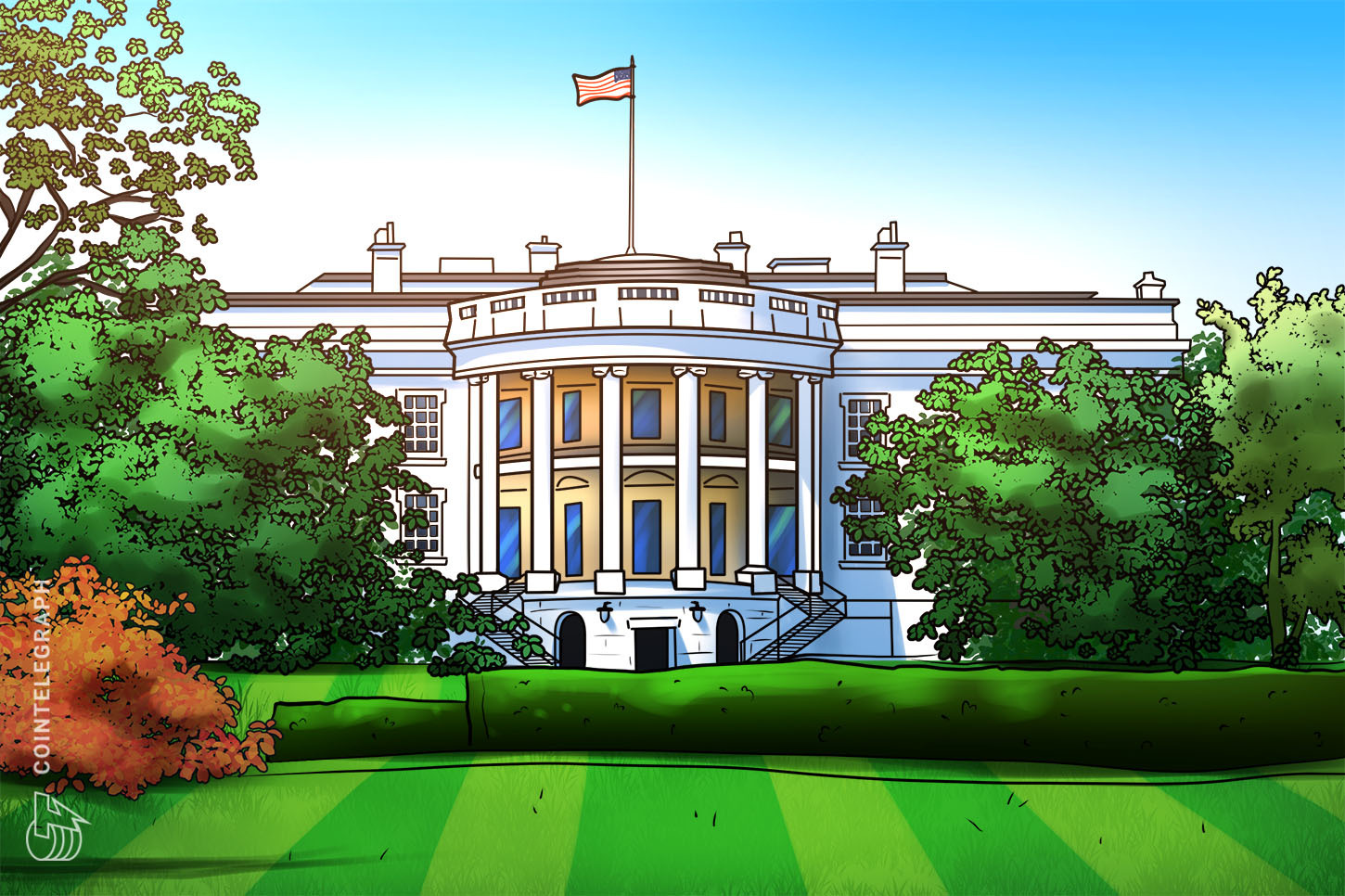In the United States, the White House released the national standards strategy for key and emerging technologies on May 4, identifying eight technology sectors that will have a significant economic impact in the near future.
Among the eight technologies are artificial intelligence, communication and network technologies, biotechnology and semiconductors, with the inclusion of distributed ledger technology (DLT) and digital identity infrastructure grabbing the crypto community’s attention.
DLT permits concurrent access, record validation and record updating throughout a networked database. Blockchain technology is based on DLT, making it possible for users to see any changes and the people who made them, lowering the need for auditing data, ensuring data reliability, and restricting access to only those who actually need it.
The national strategy aims to increase U.S. leadership in the development of international standards for these emerging technologies. The U.S. government is actively involved in building synergies with the private sector to promote and build international standards for such emerging technologies.
Related: SEC has 10 days to respond to Coinbase complaint: Legal exec
The most prominent example of such collaboration is the development of the telecom and communications standard. For example, the initial proposal for 3G was made in the 1990s by Qualcomm Technologies, with the subsequent recommendation for LTE — the dominant standard for wireless broadband communication for mobile devices and data terminals — made in the 2000s by NTT Docomo, a major Japanese mobile phone provider.
The national strategy suggests the likes of DLT and digital infrastructure would increasingly impact and be widely used in the economic sector. Some key areas where these technologies will be actively tested include automated and connected infrastructure, such as smart communities and the Internet of Things. DLT can especially find great use in building cybersecurity and privacy-based features and services.
Magazine: Crypto regulation: Does SEC Chair Gary Gensler have the final say?


